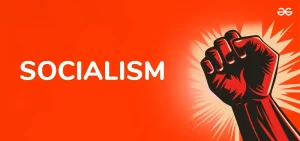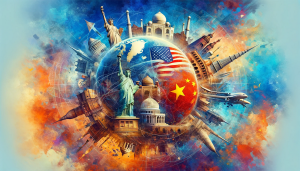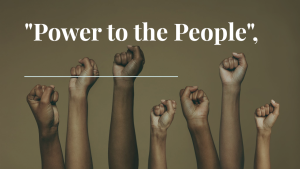What is the economy?
What is the economy?
Economics can be very difficult to define as a subject, which is not particularly helpful if you are currently studying economics in high school or college.
Many economists have tried to come up with their own definition of economics , such as:
- Adam smith
- John Maynard Keynes
- Lionel robbins
Whether you believe that economics is more the result of the actions of self-interested individuals, as Adam Smith’s theory goes, or if you believe that economics is a “grim science,” as Thomas Carlyle joked during the nineteenth century, the The fact is that you will find the meaning of economics easily in textbooks but, in reality, its definition comes down to your own opinions about what it means to study economics and the principles of economics.
For example, many of the early economists, including those of the classical school, often believed that economics and economic theory were primarily defined by the creation of wealth.
While there is one aspect of economics that undoubtedly focuses on money and wealth, both within local and global economies (monetary policy is a good example), there are other definitions that argue that the economy should be considered within from a larger context.
For example, Alfred Marshall once defined economics as ” a study of humanity in the ordinary occupations of life.” Clearly, this definition is much broader and leads us to think about how prevalent economics and economic concepts are in our everyday lives.
In fact, many today would consider that economics is essentially the study of the human condition and that economic principles seek to explain what drives us to make the decisions and take the actions that we take.
As a result, relatively new economic fields have emerged in recent decades that examine the consequences of human action, such as behavioral economics .
However, the difficulty in defining what economics is as a subject and what economic analysis means increases when considering that there are many different types of economic studies. For example:
- International economy.
- Financial economics.
- Behavioral economics.
- Environmental economics.
In addition, economists can focus on macroeconomic issues such as fiscal and monetary policy, international trade, the employment or gross domestic product, or they could devote their time to microeconomics.
The macroeconomics and microeconomics are very different from each other, since the first considers the economy as a whole works, while the second examines the impact of the individual in the economy. The question therefore arises as to whether it is fair to apply one definition of economics to the whole field, when the work of economists can differ so much.







